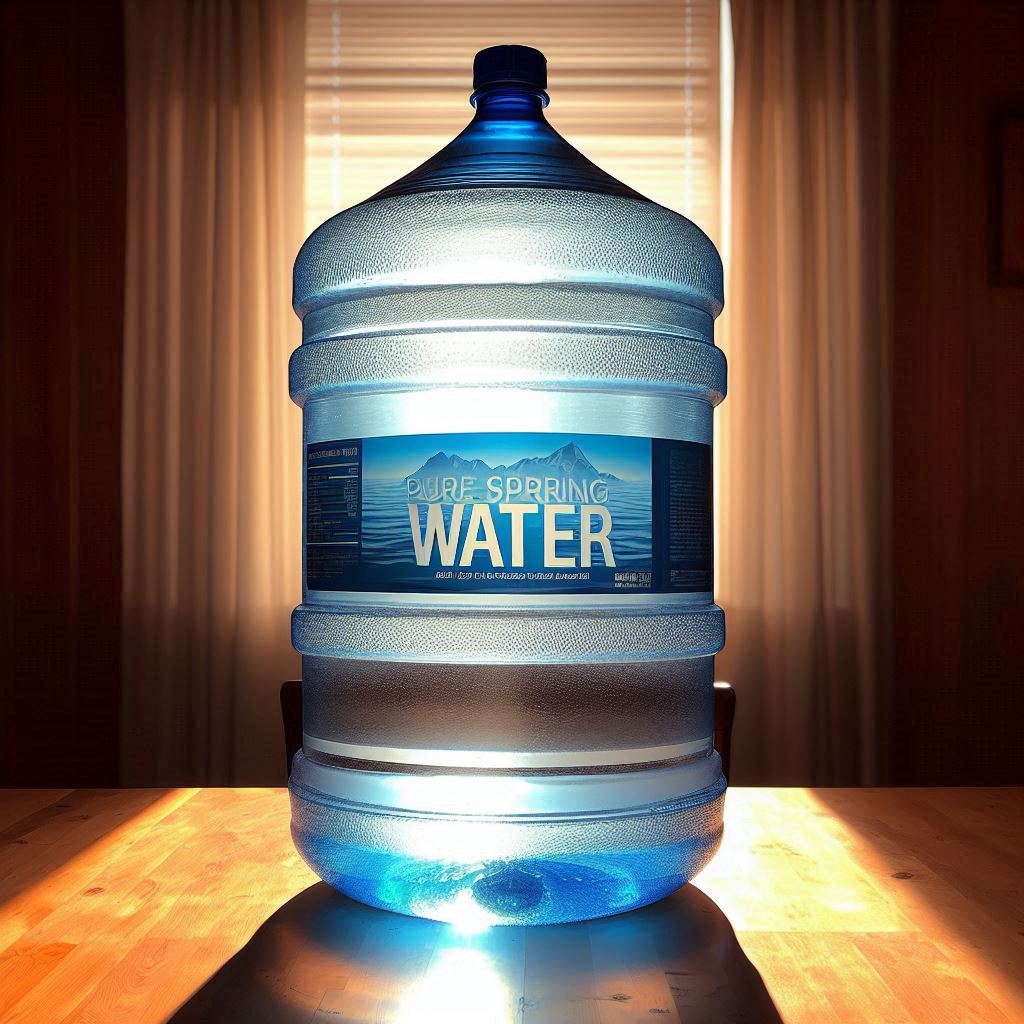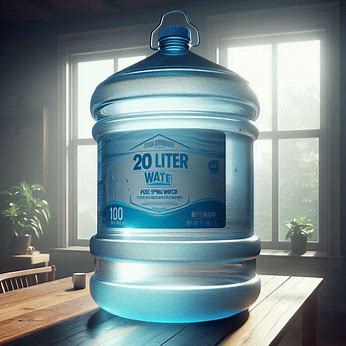
Table of Contents
Understanding Local Water Supply
Water is the essence of life, and ensuring a reliable local water supply is crucial. But what exactly goes into the water that flows from your tap?
Importance of Water Supply
Water is indispensable for health and daily activities. Whether it’s for drinking, cooking, or cleaning, its significance can’t be overstated.
Health Benefits
Water helps regulate body temperature, keeps joints lubricated, prevents infections, and delivers nutrients to cells. Staying hydrated is vital for maintaining overall health.
Daily Usage
From morning showers to evening cooking, our daily routines are intertwined with water usage. It’s crucial to understand the source and quality of this vital resource.

Sources of Local Water Supply
Groundwater
Groundwater, found underground in aquifers, is a primary source of water. It’s extracted through wells and is generally clean but requires regular testing to ensure safety.
Surface Water
Surface water comes from rivers, lakes, and reservoirs. It’s treated extensively before it reaches homes to ensure it’s safe for consumption.
Water Supply Infrastructure
Pipelines
Pipelines transport water from treatment plants to homes. Maintaining these pipelines is essential to prevent leaks and contamination.
Water Treatment Plants
These plants purify water through various processes, including filtration and disinfection, ensuring it’s safe for consumption.
Finding Reliable Water Suppliers
Ensuring a steady and clean water supply involves choosing the right supplier. Here are the main options:
Municipal Water Services
Municipal services are government-operated, providing water to residents.
How They Operate
Municipal services source water from local resources, treat it, and distribute it through a network of pipelines.
Benefits of Municipal Water
Municipal water is regularly tested and regulated, ensuring safety and reliability.
Private Water Companies
Private companies offer water supply services, often providing additional options like bottled water delivery.
Choosing a Private Supplier
Evaluate the company’s reputation, customer service, and the quality of water they provide before making a decision.
Pros and Cons
Private suppliers may offer better customer service but can be more expensive than municipal services.
Well Water Suppliers
For rural areas, well water can be a primary source.
Accessing Well Water
Drilling a well can provide a steady supply of water, but it requires significant investment.
Maintenance and Safety
Regular testing and maintenance are crucial to ensure well water remains safe to drink.
Quality of Local Water Supply
Maintaining water quality is essential for health and well-being.
Water Testing Methods
Regular testing helps ensure your water is safe.
Home Testing Kits
These kits are affordable and easy to use, providing a quick snapshot of your water’s quality.
Professional Testing Services
For detailed analysis, professional services offer comprehensive water testing.
Common Contaminants
Understanding potential contaminants helps in maintaining water quality.
Biological Contaminants
Bacteria, viruses, and parasites can cause health issues if present in water.
Chemical Contaminants
Chemicals like pesticides, heavy metals, and industrial pollutants can contaminate water sources.
Improving Water Quality
Various methods can help improve water quality at home.
Filtration Systems
Installing a filtration system can remove contaminants, improving the taste and safety of your water.
Regular Maintenance
Regularly maintaining your plumbing and water systems ensures consistent water quality.
Water Conservation Tips
Conserving water is crucial for sustainability.
Reducing Water Waste
Simple changes can significantly reduce water waste.
Efficient Appliances
Using water-efficient appliances helps save water and reduce bills.
Smart Landscaping
Choosing drought-resistant plants and efficient irrigation systems can cut down on water use in gardens.
Reusing Water
Reusing water can be an effective conservation strategy.
Greywater Systems
These systems recycle water from sinks and showers for use in gardens and toilets.
Rainwater Harvesting
Collecting rainwater provides an additional water source and helps reduce reliance on mains water.
Cost of Water Supply
Understanding and managing the cost of water is important for budgeting.
Understanding Your Water Bill
Breaking down the charges helps in managing expenses.
Breakdown of Charges
Water bills typically include charges for supply, treatment, and sewage.
Tips to Reduce Costs
Using less water, fixing leaks, and using efficient appliances can lower your bill.
Comparing Supplier Rates
Shop around to find the best rates for your water supply.
Municipal vs. Private
Compare the costs and benefits of municipal and private suppliers to make an informed choice.
Hidden Fees
Be aware of any additional fees that may be included in your water bill.
Emergency Water Supply
Preparation is key to handling water shortages.
Preparing for Water Shortages
Having an emergency water supply ensures you’re prepared for any disruption.
Stockpiling Water
Store sufficient bottled water to last during emergencies.
Emergency Filtration
Portable filtration systems can provide clean water when regular supplies are disrupted.
Alternative Water Sources
Exploring alternative sources ensures you’re never without water.
Community Resources
Local communities often have resources and plans in place for water emergencies.
Bottled Water Options
Keep a stock of bottled water as a backup supply.
Conclusion
Ensuring a reliable and safe water supply involves understanding the sources, maintaining quality, and being prepared for emergencies. By choosing the right supplier and implementing conservation practices, you can manage your water supply effectively.
One of the best water purifier on rent
rent ro service provider in india livpure https://livpure.com/
Looking for RO service provider and buy new Ro
usetrunko is best Ro service provider in india https://usetrunko.com/
FAQs
How do I find out if my local water is safe to drink?
Regular testing through home kits or professional services can help you determine the safety of your water.
What are the benefits of using a water filter?
Water filters can remove contaminants, improve taste, and provide an extra layer of safety.
How often should I test my home’s water quality?
Testing every six months is recommended, especially if you use well water.
What should I do if I suspect my water is contaminated?
Stop using the water and get it tested immediately. Use bottled water until you can ensure it’s safe.
How can I reduce my household’s water usage?
Install water-efficient appliances, fix leaks promptly, and practice mindful water usage.
